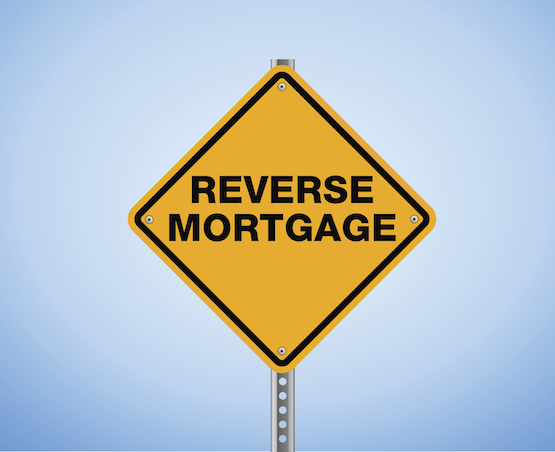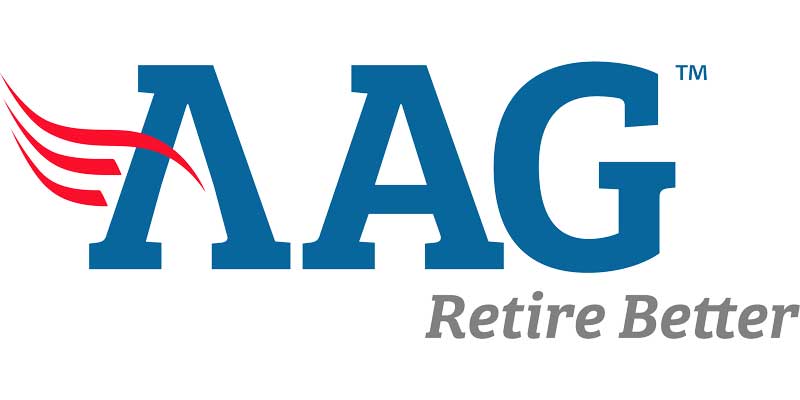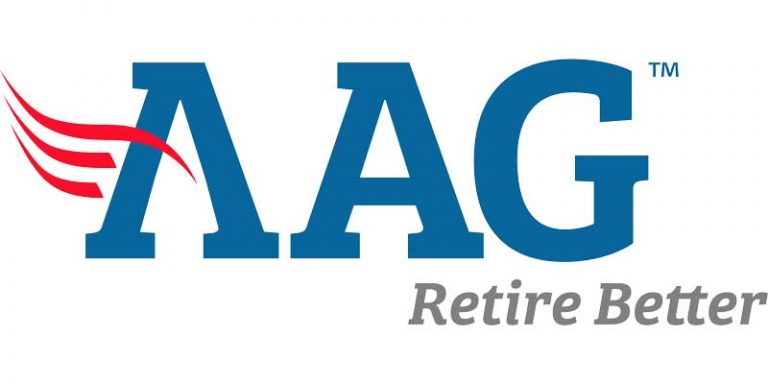What Is a Reverse Mortgage?
Updated:
Retirement Living takes an unbiased approach to our reviews. We may earn money when you click a partner link. Learn More

Reverse mortgages are options for seniors as a way to financially help during retirement while enabling them to remain in their home. If you’re entering retirement or face some unexpected medical expenses, you may decide that you want to apply for a reverse mortgage. This article covers what you need to know about reverse mortgages to determine if it is a good option for you and your family.
How Do Reverse Mortgages Work?
A reverse mortgage is a loan that allows homeowners to use their home equity as collateral for a loan. Instead of making monthly mortgage payments, homeowners are responsible for paying back the loan when they no longer live in the home. That payment includes accrued interest and fees. Reverse mortgages are only available for homeowners who are 62 years old or older.
With a reverse mortgage, the lender makes payments to the homeowner as a lump sum, in monthly payments or provides the homeowner with a line of credit. The home equity decreases as the homeowner borrows more money over time.
The balance of the loan is due to the lender when either the borrower dies or sells the home. Not paying property taxes, maintaining the house, or the home being condemned could cause the loan to be due early. The homeowner or heirs are required to pay off the reverse mortgage, typically with the proceeds from the sale of the home. If heirs want to keep the property, they will need to pay off the loan in another way.
Reverse Mortgage Benefits
- A reverse mortgage can help you pay off your current mortgage, pay for health care expenses, or be used as a source of income. Sometimes unexpected expenses pop up, and you may not be able to stretch out your monthly income to cover it. Using a reverse mortgage provides money that’s rightfully yours to make managing bills easier.
- If you own your home and don’t plan to move when you retire, a reverse mortgage lets you benefit from your home’s equity without having to downsize. Since many of these mortgages do not get repaid until after the borrower dies, the funds from a reverse mortgage can have a big impact on the borrower’s quality of life in their later years. These loans remove the frustration of managing your finances knowing that money is tied up in your home’s equity.
Other Reverse Mortgage Considerations
Consider these three things as you’re researching whether a reverse mortgage will benefit you and your family.
- Your Heirs: One of the primary benefits of a reverse mortgage is that most people apply for a loan that does not have to be paid back until death. However, if the home is sold before the borrower dies, the loan must be paid back at that time. If heirs intend to keep your home, they will need to be able to pay off the reverse mortgage loan. If the proceeds from the sale of the home don’t cover the payment, they will need to find a way to fill the gap or will have to walk away from owning the property.
- Can You Qualify?: To qualify for a reverse mortgage, you must have equity in your home, and your home must be well-maintained and current on payments. Houses in poor condition won’t qualify for a reverse mortgage, since the bank or organization offering the loan may not be able to get their money back out of the loan. If you have a reverse mortgage and become delinquent on your property taxes, you may be required to pay back the loan in full immediately.
- Spouses and Partners: If you have a spouse or partner living in the home, they may be forced to move if their name isn’t on the reverse mortgage loan since the loan is due when the borrower sells the home or dies. This rule means that it’s essential to consider putting their name on the mortgage or decide where they will live after you die. There are some protections for spouses for federally-secured loans, but it’s important to understand what will happen at the end of the loan term.
Different Types of Reverse Mortgages

There are different types of reverse mortgages available, depending on your needs. All reverse mortgages are only available to seniors 62 years old or older. Some are federally insured, while others can only be used for specific purposes.
- Single-Purpose Reverse Mortgages: Single-purpose reverse mortgages are less expensive loans used for a specific purpose, such as paying for much-needed home repairs or back property taxes. These loans are offered by government agencies or non-profit organizations and do not require monthly repayment. The organization that provides the loan specifies how funds from the reverse mortgage are to be used.
- Home Equity Conversion Mortgages: The United States Department of Housing and Urban Development (HUD) offers home equity conversion mortgages that can be used for any reason, without income limitations or medical need. Although this is one of the most popular types of reverse mortgages, it is an expensive process with higher upfront costs. If you opt to apply for a home equity conversion mortgage, you’ll need to participate in counseling as part of the process.
- Proprietary Reverse Mortgages: Proprietary reverse mortgages are reverse mortgages available to homeowners with high-value homes worth more than the federal lending limit. These are not federally-insured loans, so some lenders charge more fees for these loans because of the lack of insurance.
Bottom Line
Reverse mortgages can be beneficial for some seniors, especially those who are okay with the sale of their home upon their death. However, reverse mortgages are not for everyone. It’s important to understand the pros and cons of this type of loan before applying for one.



